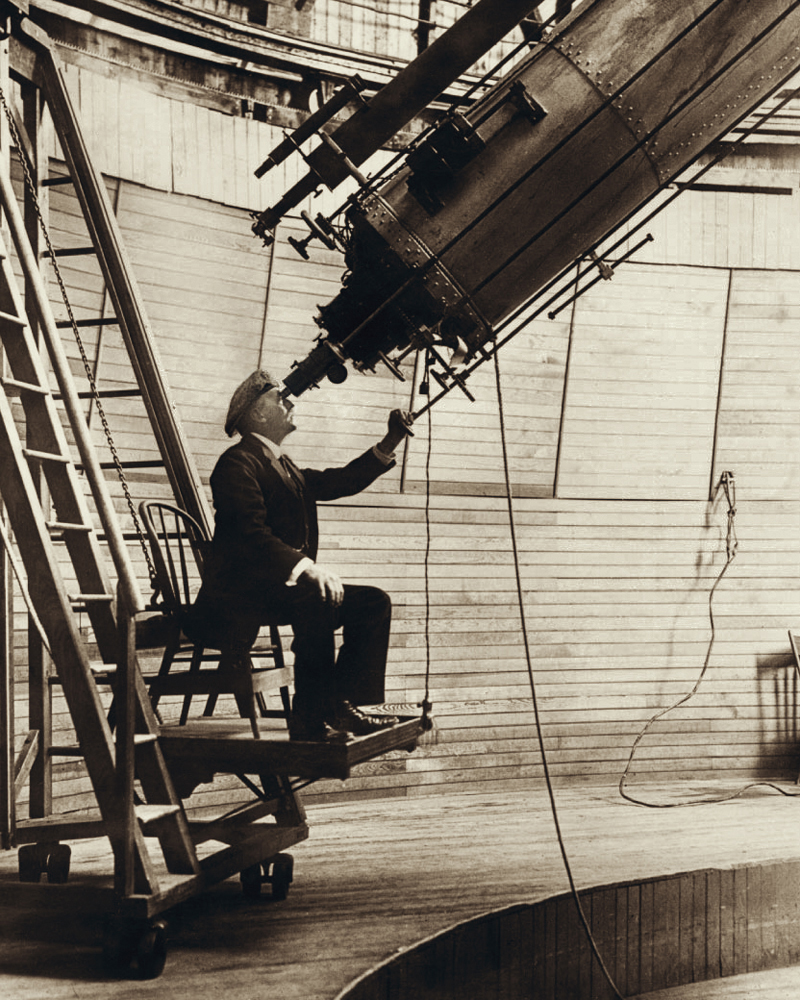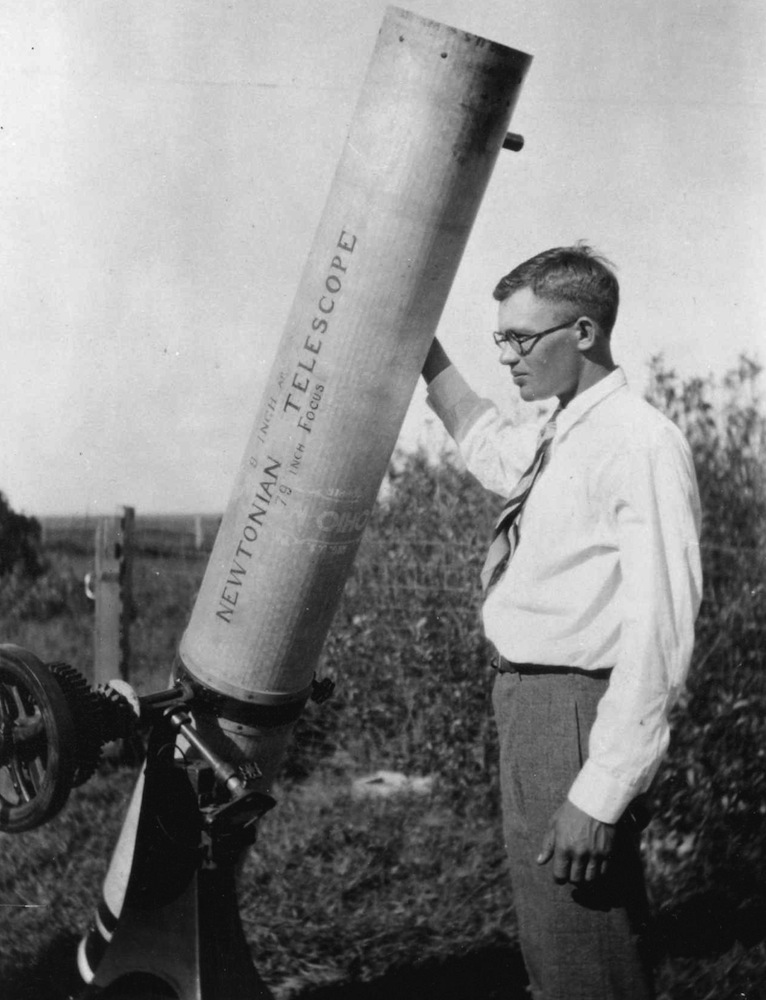|
Ninth Planet (other)
{{Disambiguation ...
planet is a concept related to planets beyond Neptune. Ninth planet or Planet Nine may also refer to: Astronomy * Neptune, sometimes considered the ninth planet from 1979–1999 when Pluto was classified as a planet and was temporarily closer to the Sun than Neptune * Planet Nine, hypothetical ninth planet in the outer Solar System * Pluto, considered the ninth planet from its 1930 discovery until it was reclassified as a dwarf planet in 2006 (except 1979–1999, see above) Music * Planet 9 (record label), founded by Mya See also * Tenth planet (other) * Eleventh planet * Twelfth planet (other) * Planet X (other) Planet X is a disproved hypothetical planet proposed in 1906 by Percival Lowell to have existed beyond the planet Neptune. Planet X may also refer to: Astronomy * Colloquially, and by extension, any hypothetical trans-Neptunian planet, in par ... [...More Info...] [...Related Items...] OR: [Wikipedia] [Google] [Baidu] |
Ninth Planet
Following the discovery of the planet Neptune in 1846, there was considerable speculation that another planet might exist beyond its orbit. The search began in the mid-19th century and continued at the start of the 20th with Percival Lowell's quest for Planet X. Lowell proposed the Planet Nine, Planet X hypothesis to explain Discovery of Neptune#Irregularities in Uranus' orbit, apparent discrepancies in the orbits of the giant planets, particularly Uranus and Neptune, speculating that the gravity of a large unseen ninth planet could have gravitational perturbation, perturbed Uranus enough to account for the irregularities. Clyde Tombaugh's discovery of Pluto in 1930 appeared to validate Lowell's hypothesis, and Pluto was officially named the ninth planet. In 1978, Pluto was conclusively determined to be too small for its gravity to affect the giant planets, resulting in a brief search for a tenth planet. The search was largely abandoned in the early 1990s, when a study of ... [...More Info...] [...Related Items...] OR: [Wikipedia] [Google] [Baidu] |
Neptune
Neptune is the eighth and farthest known planet from the Sun. It is the List of Solar System objects by size, fourth-largest planet in the Solar System by diameter, the third-most-massive planet, and the densest giant planet. It is 17 times the mass of Earth. Compared to Uranus, its neighbouring ice giant, Neptune is slightly smaller, but more massive and denser. Being composed primarily of gases and liquids, it has no well-defined solid surface. Neptune orbits the Sun once every 164.8 julian year (astronomy), years at an orbital distance of . It is named after Neptune (mythology), the Roman god of the sea and has the astronomical symbol representing Trident of Poseidon, Neptune's trident. Neptune is not visible to the unaided eye and is the only planet in the Solar System that was not initially observed by direct empirical observation. Rather, unexpected changes in the orbit of Uranus led Alexis Bouvard to hypothesise that its orbit was subject to gravitational Pe ... [...More Info...] [...Related Items...] OR: [Wikipedia] [Google] [Baidu] |
Planet Nine
Planet Nine is a List of hypothetical Solar System objects, hypothetical ninth planet in the outer region of the Solar System. Its gravitational effects could explain the peculiar clustering of orbits for a group of extreme trans-Neptunian objects (ETNOs)—bodies beyond Neptune that orbit the Sun at distances averaging more than 250 times that of the Earth, over 250 astronomical units (AU). These ETNOs tend to make their closest approaches to the Sun in one sector, and their orbits are similarly tilted. These alignments suggest that an undiscovered planet may be shepherding the orbits of the most distant known Solar System objects. Nonetheless, some astronomers question this conclusion and instead assert that the clustering of the ETNOs' orbits is due to observational biases stemming from the difficulty of discovering and tracking these objects during much of the year. Based on earlier considerations, this hypothetical super-Earth-sized planet would have had a predic ... [...More Info...] [...Related Items...] OR: [Wikipedia] [Google] [Baidu] |
Pluto
Pluto (minor-planet designation: 134340 Pluto) is a dwarf planet in the Kuiper belt, a ring of Trans-Neptunian object, bodies beyond the orbit of Neptune. It is the ninth-largest and tenth-most-massive known object to directly orbit the Sun. It is the largest known trans-Neptunian object by volume by a small margin, but is less massive than Eris (dwarf planet), Eris. Like other Kuiper belt objects, Pluto is made primarily of ice and rock and is much smaller than the inner planets. Pluto has roughly one-sixth the mass of the Moon and one-third its volume. Originally considered a planet, its classification was changed when astronomers adopted a new definition of planet, definition of ''planet''. Pluto has a moderately Orbital eccentricity, eccentric and Inclination, inclined orbit, ranging from from the Sun. Light from the Sun takes 5.5 hours to reach Pluto at its orbital distance of . Pluto's eccentric orbit periodically brings it closer to the Sun than Neptune, but a stabl ... [...More Info...] [...Related Items...] OR: [Wikipedia] [Google] [Baidu] |
Planet 9 (record Label)
Planet 9 is an American independent record label founded by American singer Mýa. After parting ways with her major label, Universal Motown and following the advice of her mentor J. Prince, Harrison established and developed her own independent label with a new business approach in mind to create and release music. Following the events of her fourth studio album, ''Liberation (Mýa album), Liberation'' (2007) being mishandled and accidentally music leak, leaking on the internet, she was contracted by R&B based Japanese record company, Manhattan Recordings. Through that label, she exclusively release and self-funded, recorded, and engineered her first independent project, ''Sugar & Spice (Mýa album), Sugar & Spice'' (2008). Three years later, she exclusively released the follow-up, the dance (music), dance and club music, club orientated ''K.I.S.S. (Keep It Sexy & Simple)'' (2011) through the same label. Since its creation, Harrison through her label Planet 9 has released thirteen ... [...More Info...] [...Related Items...] OR: [Wikipedia] [Google] [Baidu] |
Tenth Planet (other)
Tenth planet is a term formerly applied to possible planets beyond Neptune, before the reclassification of Pluto. It may also refer to: Astronomy * 2060 Chiron, claimed by some to be the tenth planet upon discovery * 15760 Albion, then nicknamed "Smiley" and hailed as the tenth planet * Eris (dwarf planet), referred to by some to be the tenth planet after discovery, up to the reclassification of Pluto Literature * ''Doctor Who and the Tenth Planet'', a 1976 ''Doctor Who'' novelization by Gerry Davis (screenwriter), Gerry Davis * ''The Tenth Planet'', a. k. a. ''Days of Creation'', a 1944 ''Captain Future'' novel by Joseph Samachson under the house name Brett Sterling * ''The Tenth Planet'', a 1973 novel by Edmund Cooper * ''The Tenth Planet'', a 1984 novel by Leo Melamed * ''The Tenth Planet'', a 1999 novel by Dean Wesley Smith and Kristine Kathryn Rusch, the first installment in a trilogy of novels Other uses * ''The 10th Planet'', a cancelled space combat game * 10th Planet Jiu-Ji ... [...More Info...] [...Related Items...] OR: [Wikipedia] [Google] [Baidu] |
Eleventh Planet
Following the discovery of the planet Neptune in 1846, there was considerable speculation that another planet might exist beyond its orbit. The search began in the mid-19th century and continued at the start of the 20th with Percival Lowell's quest for Planet X. Lowell proposed the Planet Nine, Planet X hypothesis to explain Discovery of Neptune#Irregularities in Uranus' orbit, apparent discrepancies in the orbits of the giant planets, particularly Uranus and Neptune, speculating that the gravity of a large unseen ninth planet could have gravitational perturbation, perturbed Uranus enough to account for the irregularities. Clyde Tombaugh's discovery of Pluto in 1930 appeared to validate Lowell's hypothesis, and Pluto was officially named the ninth planet. In 1978, Pluto was conclusively determined to be too small for its gravity to affect the giant planets, resulting in a brief search for a tenth planet. The search was largely abandoned in the early 1990s, when a study of ... [...More Info...] [...Related Items...] OR: [Wikipedia] [Google] [Baidu] |



